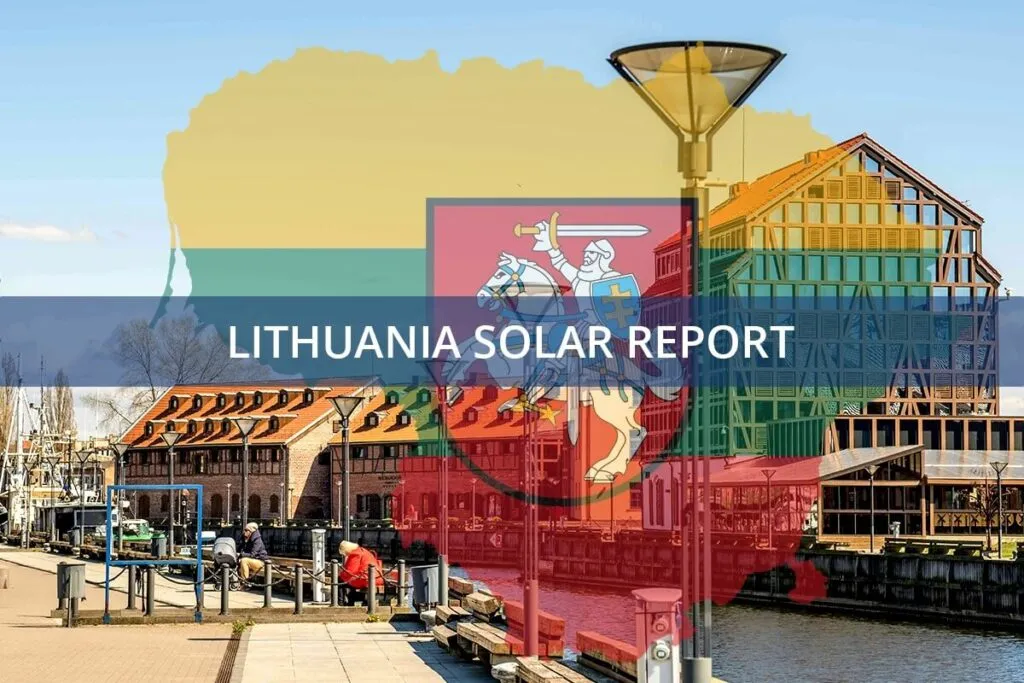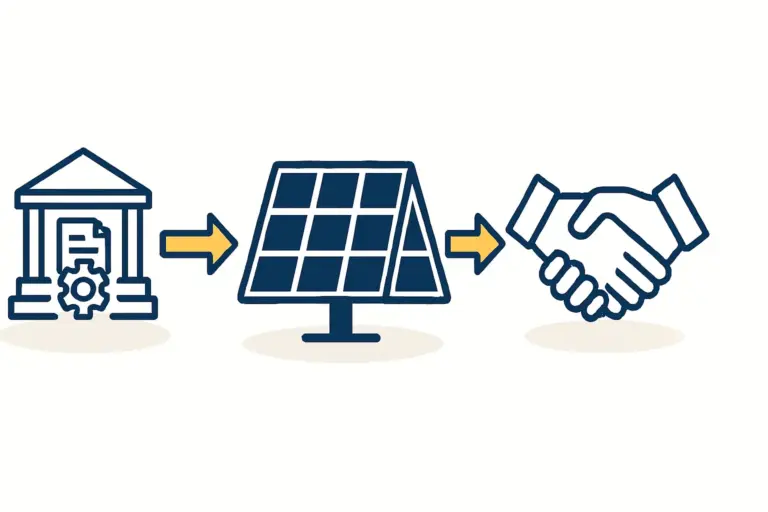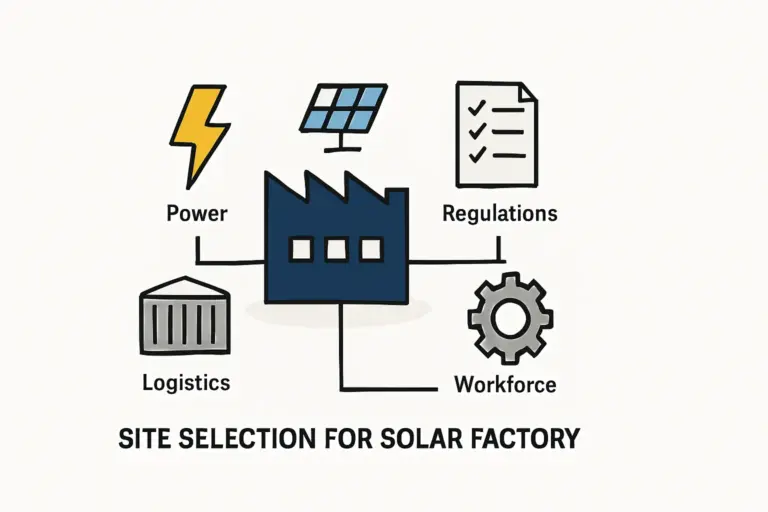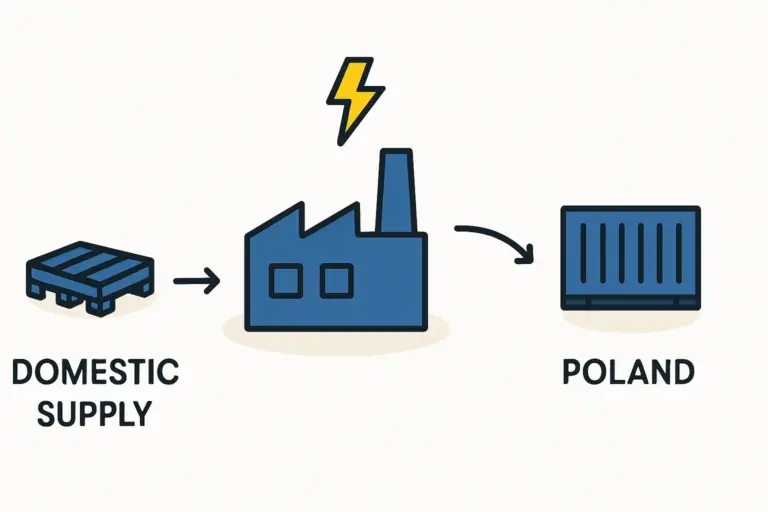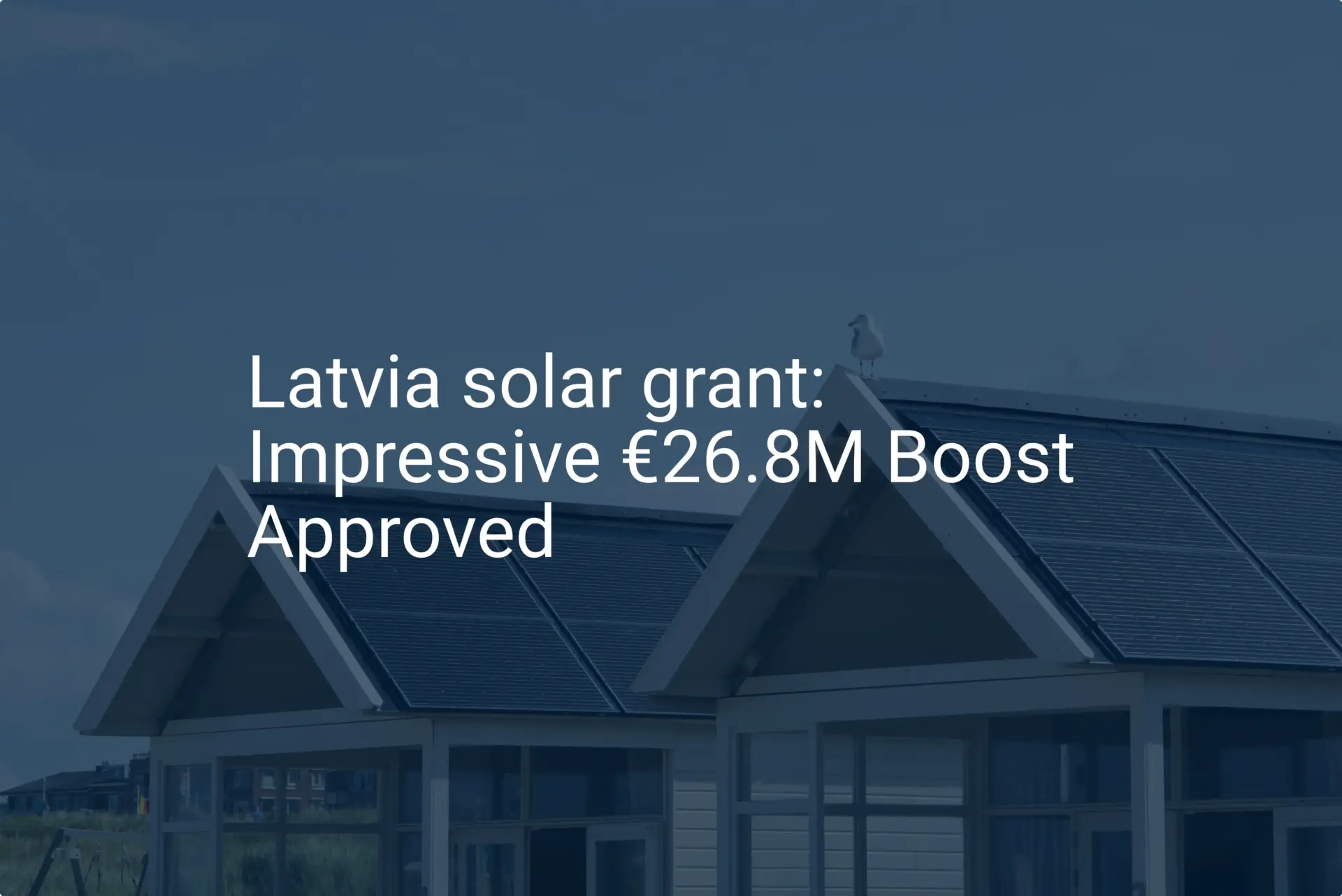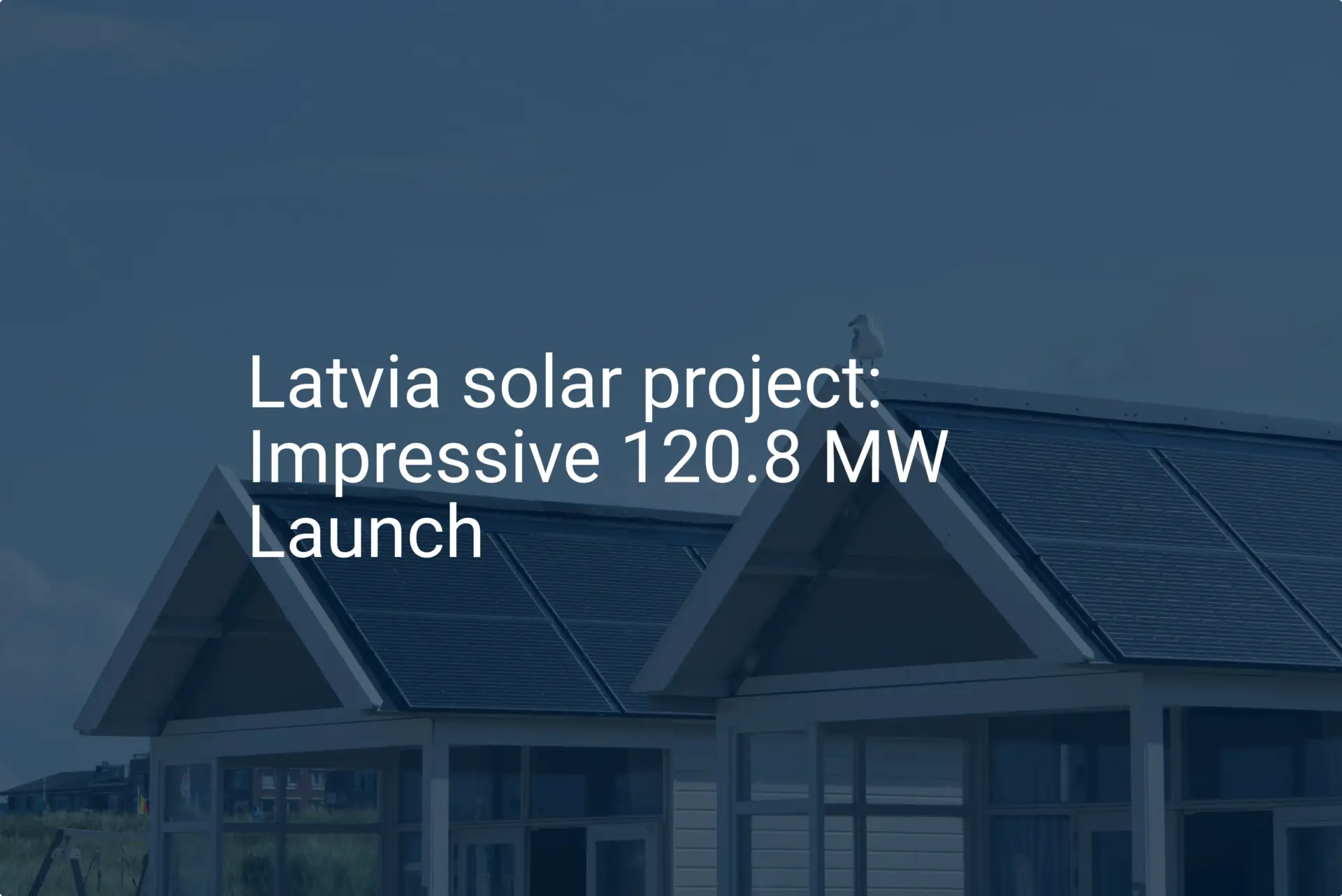Entrepreneurs exploring new markets face a critical decision: where to establish a manufacturing base that offers stability, market access, and a clear regulatory environment. For many looking to enter the European Union, Lithuania has emerged as a compelling option, where its strategic location and business-friendly framework create significant opportunities.
Yet, the first practical step—choosing and establishing the correct legal entity—can seem complex from a distance.
This guide provides a straightforward overview of the process for establishing a private limited liability company, or UAB, in Lithuania. It is written for international business professionals seeking a foundational understanding of the legal requirements, capital contributions, and governance standards involved in setting up a manufacturing operation within the EU.
What is a UAB? Understanding Lithuania’s Private Limited Company
The most common legal structure for businesses in Lithuania is the Uždaroji akcinė bendrovė, abbreviated as UAB. It is the Lithuanian equivalent of a private limited liability company. For any entrepreneur planning a capital-intensive project like a solar module assembly plant, the UAB structure is the standard and recommended choice, offering several key advantages:
- Limited Liability: This structure separates personal and corporate assets. Shareholders’ liability is limited to their investment in the company’s share capital, protecting personal assets from business debts or legal claims—a crucial safeguard for manufacturing ventures.
- Credibility and Structure: A UAB is recognized as a formal and credible business entity by banks, suppliers, and customers throughout the European Union. Its established governance structure provides a solid foundation for operations and future growth.
- Flexibility in Ownership: A UAB can be founded and owned by a single person (who can also serve as the director) or by multiple shareholders, including foreign individuals and legal entities.
Core Requirements for Establishing a UAB
Before initiating the incorporation process, investors must meet several key legal and financial requirements. While the process is streamlined, attention to detail is essential for a smooth setup.
Minimum Share Capital
Lithuanian law requires a minimum share capital of €1,000 for a UAB. This amount must be fully paid into a dedicated corporate bank account before the company can be registered.
For a manufacturing enterprise, however, this figure is a legal formality. The actual investment required for a 20-50 MW solar factory will require substantially more capital to cover equipment, facility setup, and operational costs. The initial share capital is the first step in capitalizing the business.
Shareholders and Directors
A UAB must have at least one shareholder and a managing director. For foreign investors, the structure is highly accommodating:
- A single individual can be both the sole shareholder and the sole director.
- Shareholders and directors do not need to be residents of Lithuania or citizens of the EU.
- The company is managed by the director, who is appointed by the shareholders. For larger operations, a board of directors can also be established to oversee management.
Registered Address
Every Lithuanian company must have a registered legal address within the country for all official correspondence and legal notices. A P.O. box is not permissible. Service providers offer virtual office and registered address services, a practical solution during the initial setup phase before a physical factory location is secured.
The Step-by-Step Process for UAB Incorporation
Incorporating a UAB in Lithuania is a well-defined process that can be completed efficiently—often within a few weeks—if all documentation is prepared correctly.
-
Reserve the Company Name: The first step is to choose a unique company name and reserve it temporarily with the State Enterprise Centre of Registers. The name must comply with Lithuanian language and regulatory standards.
-
Draft Foundational Documents: The key legal documents are the Articles of Association and, if there is more than one founder, the Incorporation Agreement. These documents outline the company’s purpose, governance structure, share capital, and internal rules. Crafting these documents correctly is critical and typically requires professional legal assistance.

-
Open an Accumulative Bank Account: A temporary bank account must be opened in the name of the company-in-formation. The founder(s) must then deposit the full amount of the initial share capital into this account. The bank will issue a certificate confirming the deposit.
-
Notarize the Founding Documents: All founding documents must be signed in the presence of a Lithuanian public notary. The notary verifies the identities of the founders and the legality of the documents. If founders cannot be present, this step can often be handled through a Power of Attorney.
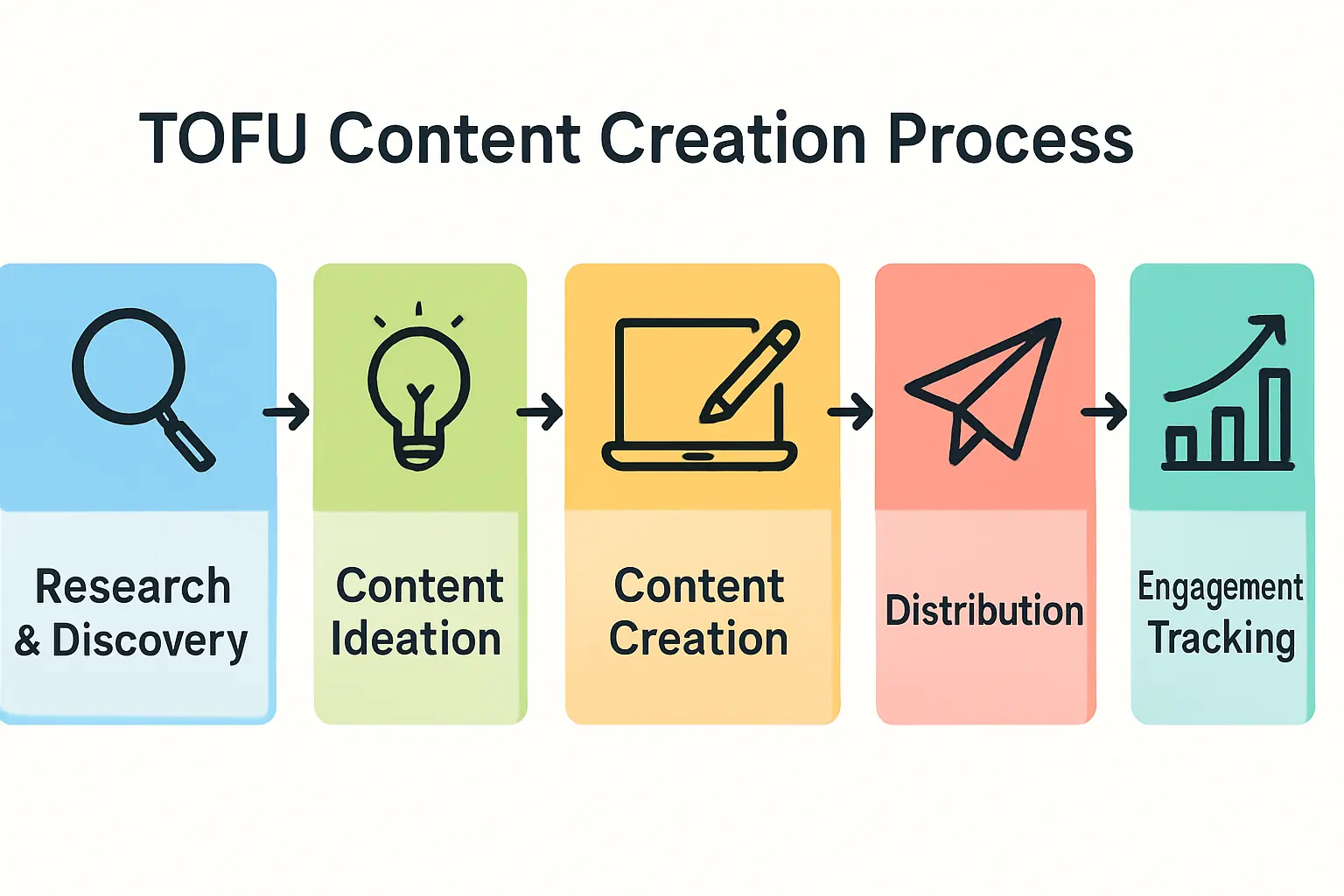
-
Submit for Registration: Once notarized, the complete set of documents, including the bank certificate for the share capital, is submitted to the Centre of Registers. Upon successful review, the Centre of Registers officially incorporates the company, making it a legal entity with full rights to operate.
Corporate Governance and Post-Registration Compliance
Once registered, a UAB must adhere to Lithuanian corporate law. Ongoing responsibilities include maintaining proper accounting records, filing annual financial statements, and holding annual general meetings of shareholders.
J.v.G. Technology’s experience with turnkey projects shows that establishing a relationship with a reliable local accounting and legal firm from the outset is critical for success. This partnership ensures compliance and allows the management team to focus on core business operations, such as the selection of a suitable production facility.

Frequently Asked Questions (FAQ)
-
Can a foreigner be the sole owner and director of a Lithuanian UAB?
Yes. Lithuanian law permits a single foreign individual to be both the 100% shareholder and the managing director of the company, without requiring local partners. -
How long does the entire incorporation process typically take?
Once all necessary documents are prepared and the share capital is ready for deposit, the formal process of notarization and registration can usually be completed within one to three weeks. -
Is it necessary to travel to Lithuania to establish the company?
While direct involvement can be beneficial, the entire process can be managed remotely through a representative with a Power of Attorney. -
What are the primary advantages of a UAB for a manufacturing business?
The main advantages are robust liability protection for investors, a clear and EU-compliant legal structure that enhances credibility with financial institutions, and the ability to operate, trade, and employ staff across the European Union.
Next Steps in Your Planning Journey
Understanding the legal framework for a UAB is the foundational first step for any investor considering Lithuania as a manufacturing base. The process is structured, transparent, and internationally recognized, providing a secure vehicle for foreign investment.
With this legal structure in mind, the next logical step is to assess the operational environment. Exploring topics such as the local labor market and engineering talent and typical timelines for setting up a production line will provide a more complete picture. For a structured guide through these planning stages, the pvknowhow.com free e-course offers a comprehensive roadmap for aspiring solar manufacturers.

